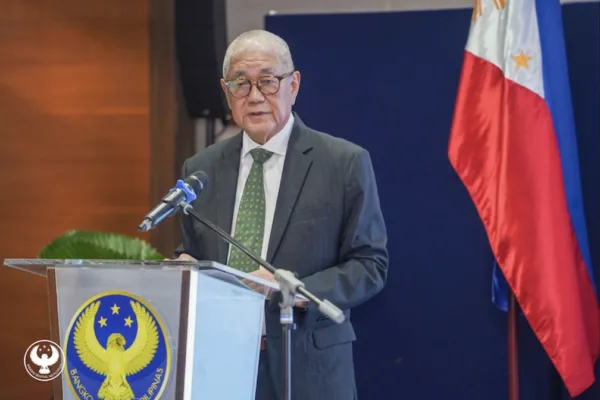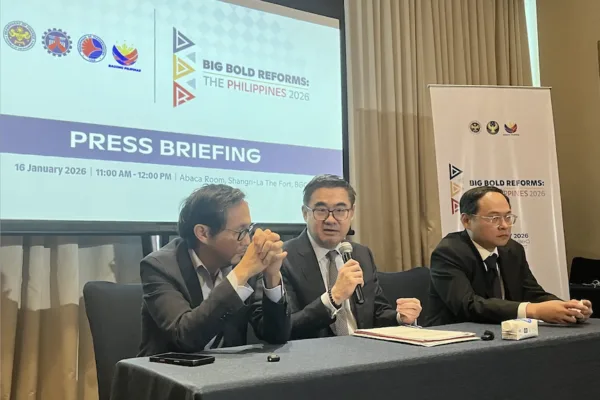The Philippine banking system is receiving high praise from international credit raters for its remarkable stability, even as the Bangko Sentral ng Pilipinas (BSP) implements new, stricter regulations aimed at fortifying the country’s defenses against financial crime.
This dual development paints a picture of a robust financial sector that is not resting on its laurels but is proactively building a more secure and transparent digital economy.
In a significant vote of confidence, the Japan Credit Rating Agency (JCR) recently affirmed the Philippines’ investment-grade credit rating of “A-” with a “stable” outlook, citing the nation’s sound financial system as a primary driver. Simultaneously, the BSP has moved to curb the risks of money laundering by issuing new rules that effectively cap large cash transactions at ₱500,000.
A strong report card from abroad

The JCR report highlighted several key strengths underpinning the Philippine economy. The agency noted the banking sector’s strong loan growth, a declining non-performing loan (NPL) ratio, and high capitalization.
Latest BSP data supports this assessment, showing the NPL ratio for universal and commercial banks fell to 3.1 percent as of July 2025, down from 3.6 percent in 2021.
Furthermore, the banks’ Capital Adequacy Ratio (CAR) stood at a healthy 16.5 percent, well above both domestic and international standards. This ratio measures a bank’s ability to absorb losses, indicating a strong buffer against financial shocks.
BSP Governor Eli M. Remolona, Jr. welcomed the news, stating, “The BSP continues to implement policies that promote robust capitalization and sound risk management among banks. These support financial stability and further build confidence in the domestic financial system.”
The positive outlook is further bolstered by easing inflation, which averaged just 1.7 percent in the first eight months of 2025, and a formidable Gross International Reserves (GIR) of USD 105.9 billion. JCR noted this “solid foreign currency liquidity position” — equivalent to 7.2 months of imports—will allow the country to remain “remarkably resilient” against external shocks.
Bolstering defenses at home

Building on this foundation of stability, the BSP is proactively tightening the screws on illicit financial flows. Under Circular No. 1218, issued on September 18, cash transactions exceeding ₱500,000 (or its foreign currency equivalent) within a single banking day must now be conducted through traceable channels. These include checks, online fund transfers, or other digital payments.
This reform is designed to make it significantly harder to use cash for illegal activities. While the limit is firm, the BSP has built in mechanisms for legitimate needs. Financial institutions can allow withdrawals beyond the cap, but only after conducting Enhanced Due Diligence (EDD), which may require the customer to provide proof of a valid business purpose. If the transaction still appears suspicious after this process, the institution is required to file a report.
The BSP also grants banks the authority to set even lower cash transaction limits based on their own risk assessments and customer profiles, adding another layer of security.
A unified strategy for a stronger economy

Together, these developments underscore a comprehensive strategy to foster a trustworthy and resilient financial environment. The “A-” rating from JCR is not just a letter grade; it signifies low credit risk, which helps lower the government’s borrowing costs. This, in turn, frees up more public funds for crucial social programs and infrastructure projects.
Meanwhile, the new cash transaction limit is a critical step in aligning the Philippines with global anti-money laundering standards and accelerating its shift toward a digital-first economy.
By promoting the use of traceable payment methods, the BSP aims to enhance transparency, reduce crime, and deepen public trust in the financial system. The message is clear: the Philippines is committed to safeguarding its hard-won economic stability while paving the way for a more secure digital future.








